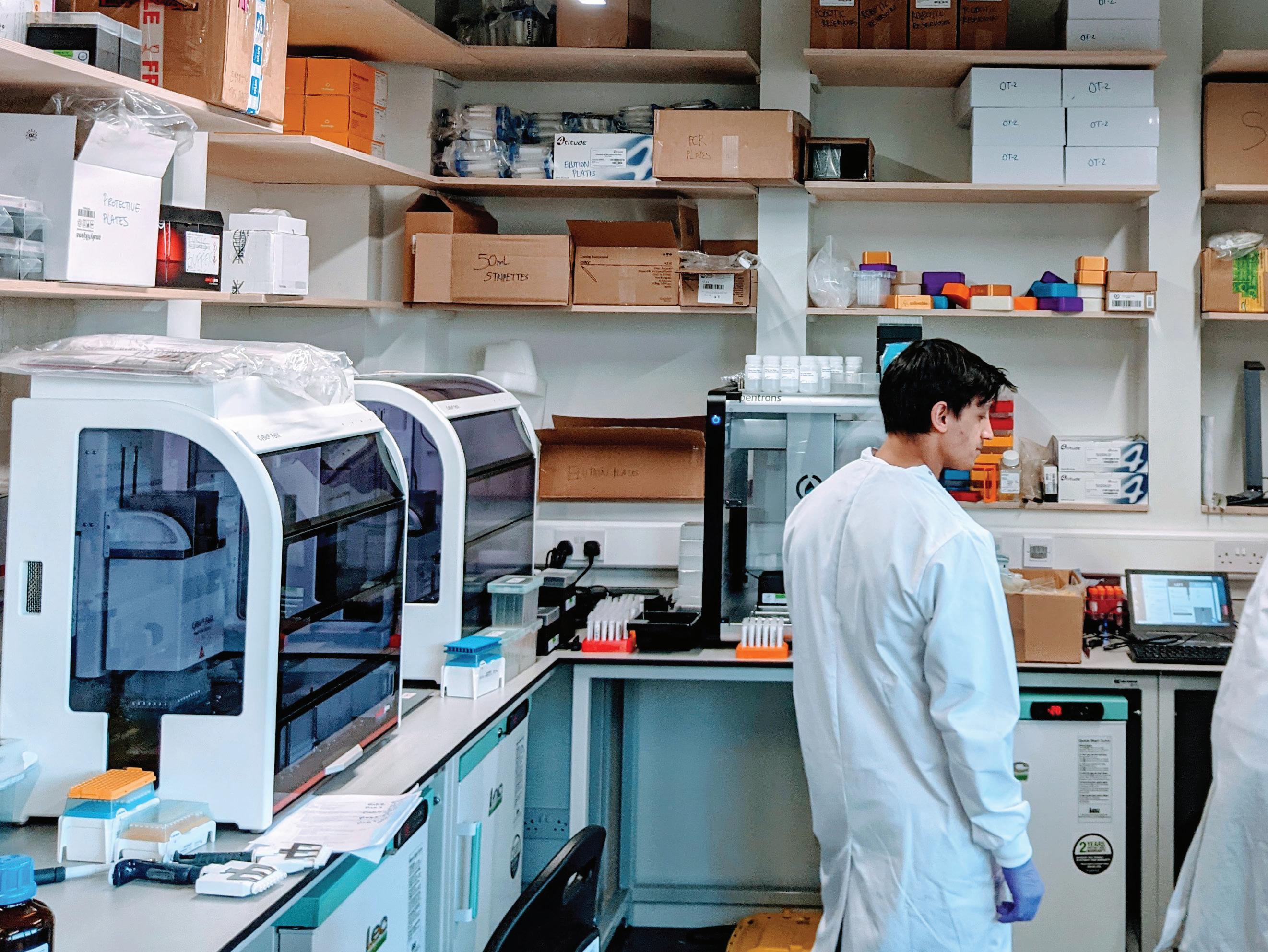HEALTHTECH
Tech enabled care Zillah Moore, director at Tunstall Healthcare, discusses why local government and the NHS should invest in medical technology to improve services, and safeguard them for the future
T
echnology is reshaping our lives, however better deployment of technology within health and care services is a key challenge faced by the UK, and this has been particularly highlighted during the Covid-19 pandemic. Technology connects people, enables integrated care provision and empowers people to manage their own health and wellbeing. It must play a pivotal role in investment and the remodelling of services in a post-Covid world to create a true ‘healthcare’ system.
Barriers to investment Many healthcare innovations are now mainstream, with millions of people using technology to count steps, calories, or hours of sleep. Yet we often don’t consider these innovations as health technology even though they provide remote monitoring, teleconsultation, and environmental sensors. Although more people than ever are personally investing in medical technology, local authorities and the NHS face numerous barriers to investing in Technology Enabled Care Services (TECS), which has led to some services lagging behind when it comes to digital innovation. Barriers are complex and intertwined, including fragmented health and care structures, limited resources, and a reluctance to change. The NHS and local authorities also face challenges with replication. Successful projects are rarely reproduced elsewhere in the system leading to different levels of investment and integration between councils and NHS trusts.
The impact of Covid-19 While the pandemic has had significant negative impacts on daily life and many elements of the healthcare sector, it has also placed a spotlight on the role of technology in supporting the development of more proactive and effective care delivery, and safeguarding our services for the future. NHS trusts, clinical commissioning groups and local councils, are recognising that technology can offer remarkable benefits through wider and more effective investment and deployment. Technological initiatives that
28
would previously have taken months to become operational have been established and mobilised in weeks. Solutions implemented during Covid-19 have benefitted a range of cohorts, including people living with mental health conditions, care home residents, and people living with long-term health conditions. Bolton NHS Foundation Trust and Bolton Clinical Commissioning Group invested in healthcare technology in April for 34 of the area’s care homes to protect residents, staff and clinicians during the Covid crisis. The trust and the CCG implemented a number of innovative services, including the ‘triagemanager’ and ‘myKiosk’ systems to deliver closer monitoring of the health of vulnerable residents, while reducing the need for clinical staff attendance and the risk of cross infection. The systems also support the effective prioritisation of care within a residential setting, as they clearly identify individuals most in need of interventions. The health technology provides objective information to empower clinical decision-making, often without the need for face-toZillah Moore, director, Tunstall Healthcare face contact. The success
HealthInvestor UK • December 2020










